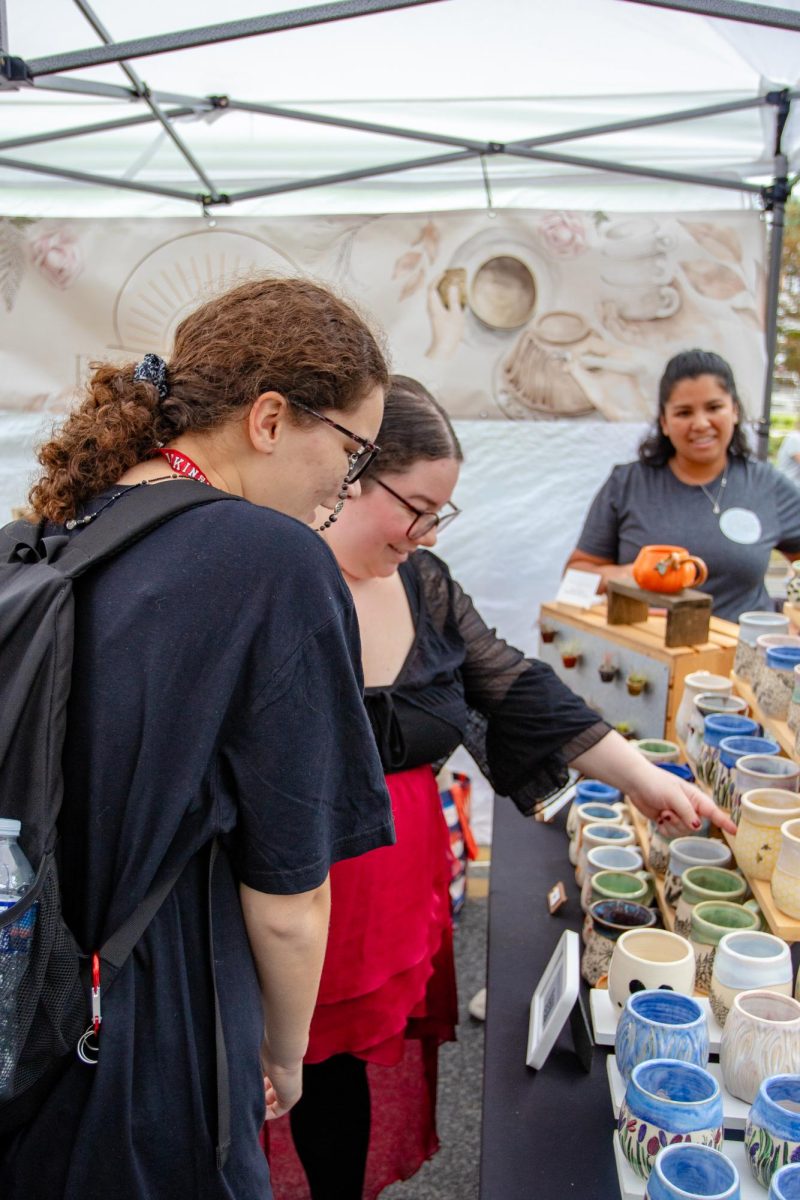Did you ever get the chance to design a quiz about your home country while you were abroad? If not, I hope you still have your junior year coming up, or at least some other occasion to devise twenty or so questions on random trivia about the USA (or wherever home is for you). And if nobody asks you for it, don’t hesitate to (mildly) force it onto your hosts.
Why should you do so? Because it teaches you quite something about your home country, your host country and what one knows about the other. And about what you think one knows about the other and in how far this is actually related to the previous category. Confused? Needn’t be. But here is what I learned by making this year’s quiz for the annual German Club dinner.
First of all, you learn about all those useless random factoids that you Google and Wikipedia in order to put the questions together. Did you know that Germany measures exactly 544 miles from north to south? Or that in 2010 an impressive 12986 people emigrated from Germany to the US? Now you do.
But these are not the most interesting things I learned. My light bulb moment came during the game when someone in the audience asked, “Who is Terence Hill?” The name of this actor, who became popular in Germany for his appearances in so-called “spaghetti western” movies in the 1960s, was one of several possible answers to the question ‘’Which of the following actors describes German as his mother tongue?’’
The thing is, in Germany everyone knows him and given his English name and his appearances in western movies (yes, cowboys and all). My co-designer and I didn’t even question that he must be as well known here in the US as he was in Germany. I mean, we wanted to make sure that the answers we chose had at least been heard of by most people in the audience. This required some thinking in advance: Were the answers too obviously correct?
Another important point that lead us to drop many questions, besides being too contextual (that is, too easy for the Bremen folks in the audience, while impossible for most of the American participants to even make an educated guess) was the issue of trying to avoid stereotype reinforcement. Because of that, we decided to omit the beer question and we made sure to keep Oktoberfest and Volkswagen in check with no more than one or two appearances throughout the quiz. Trying to make the connection to both cultures present, we included all kinds of American examples and comparisons (and learned that Benjamin Rush was a contemporary of the famous German poet J.W. Goethe).
But that an actor known in Germany for his western movies was actually unknown in the US, that I wouldn’t have thought of as being the correct answer in this case.



